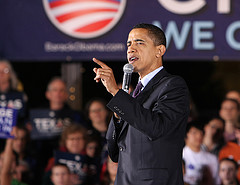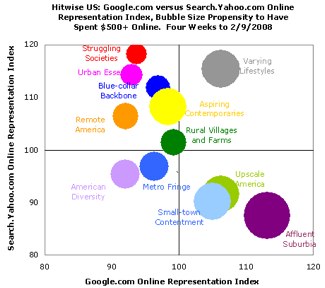The Los Angeles Times ran a story this week about a new study that details the persistence of negative racial stereotypes, reporting that “Changes in social standing such as falling below the poverty line or going to jail made people more likely to be perceived as black and less likely to be seen as white,” according to the researchers.
In a long-term survey of 12,686 people, changes in social circumstances such as falling below the poverty line or being sent to jail made people more likely to be perceived by interviewers as black and less likely to be seen as white. Altogether, the perceived race of 20% of the people in the study changed at least once over a 19-year period, according to the study published today in the Proceedings of the National Academy of Sciences.Changes in racial perceptions — whether from outside or within — were likely concentrated among those of mixed ethnicity, researchers said.
“Race isn’t a characteristic that’s fixed at birth,” said UC Irvine sociologist Andrew Penner, one of the study’s authors. “We’re perceived a certain way and identify a certain way depending on widely held stereotypes about how people believe we should behave.”Penner and Aliya Saperstein, a sociologist at the University of Oregon, examined data from the federal Bureau of Labor Statistics’ National Longitudinal Survey of Youth. Though the ongoing survey is primarily focused on the work history of Americans born in the 1950s and 1960s, participants have also provided interviewers with information on a variety of topics, including health, marital status, insurance coverage and race.
The effect has staying power. People who were perceived as white and then became incarcerated were more likely to be perceived as black even after they were released from prison, Penner said.The racial assumptions affected self-identity as well. Survey participants were asked to state their own race when the study began in 1979 and again in 2002, when the government streamlined its categories for race and ethnicity.





 A recent
A recent 